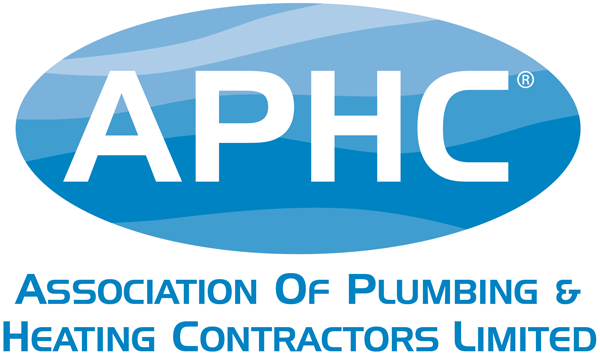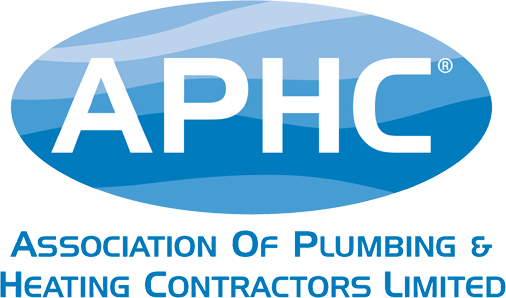New VAT rules for building contractors and sub-contractors will come into effect from 1 March 2021. These new rules were originally expected to commence from 1 October 2019, however the start date was delayed until 1 March 2021 due to the impact of the coronavirus pandemic.
What is reverse charge VAT?
Domestic reverse charge VAT legislation (DRC) is a change in the way CIS registered construction businesses handle and pay VAT.
Why is it important?
The domestic reverse charge VAT procedure is an anti-fraud measure designed to counter sophisticated criminal attacks on the UK VAT system. It intends to cut down on “missing trader” fraud, where companies receive high net amounts of VAT from their customers but have no intention of paying the VAT to HMRC.
Does it affect me?
It affects VAT registered construction businesses who supply or receive construction and building services that are reported under the Construction Industry Scheme (CIS). It means the customer (contractor) will be responsible for the VAT due to HMRC instead of the supplier (sub-contractor).
As a sub-contractor under CIS, the new introduction of VAT reverse charging could also have a short to medium term effect on your business cashflow. You may need to take advice from your accountant to ensure whether you need to put anything in place in order to deal with this.
HMRC’s guidance states that, for invoices issued for specified supplies that become liable to the reverse charge, the VAT treatment for invoices with a tax point:
- before 1 March 2021 – the normal VAT rules will apply, and VAT registered subcontractors should charge VAT at the appropriate rate on supplies
- on or after 1 March 2021 – the domestic reverse charge will apply
What happens next?
Typically, as a sub-contractor, you should be advised by your main contractor/client on how the VAT should be dealt with relating to their project. However, in situations where you use the services of a sub-contractor business under CIS yourselves, then the guidance states that you’re required to notify the sub-contractors who you use on how to apply the VAT changes relating to the works.
AT APHC, we’ve developed a template letter for members to use when outlining the above to sub-contractors. Click here to learn more about how to become a member and reap even more benefits such as this.
For more information on this development and any other VAT issues affecting construction, land and property, take a look at the official government page.
You can also watch a recorded webinar about the VAT reverse charge here.



